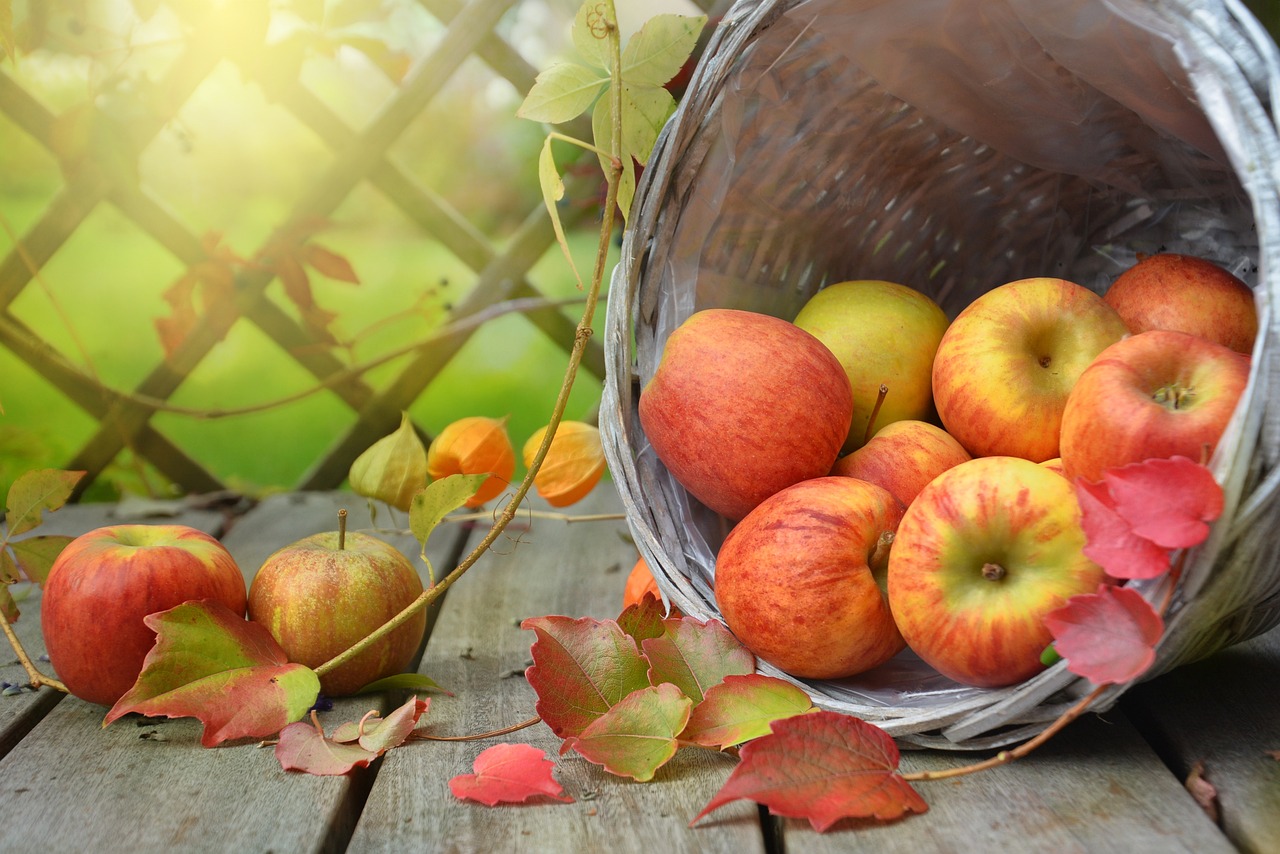
Apple, the humble fruit that has been a staple in human diets for centuries, goes far beyond its simple exterior. This delicious and versatile fruit, scientifically known as Malus domestica, has not only been a symbol of temptation but also a source of nutrition, cultural significance, and even folklore.
Origin and Varieties:
Believed to have originated in the mountains of Kazakhstan, apples have been cultivated for thousands of years. Over time, they have evolved into various varieties, each with its unique flavor, texture, and use. From the sweet and crisp Honeycrisp to the tart Granny Smith, apples cater to a wide range of tastes and preferences.
Nutritional Powerhouse:
“An apple a day keeps the doctor away” is not just an old saying. Apples are rich in essential nutrients, including dietary fiber, vitamin C, potassium, and various antioxidants. The fiber in apples, particularly soluble fiber like pectin, promotes digestive health and helps regulate blood sugar levels.
Culinary Versatility:
Apples are a chef’s delight, lending themselves to an array of culinary creations. From pies and crisps to salads and sauces, apples add a sweet and tangy dimension to both sweet and savory dishes. The variety of apples available allows for culinary experimentation, with some apples better suited for baking while others are perfect for snacking.
Cultural and Symbolic Significance:
Apples hold cultural significance in many societies. In Greek mythology, the apple was a symbol of love and discord, famously featured in the story of the Trojan War with the golden apple. In various religious traditions, the apple is often associated with knowledge, temptation, and sin, such as the biblical story of Adam and Eve.
Harvest Traditions:
The act of apple picking during the fall has become a cherished tradition in many regions. Orchards attract families and friends looking to enjoy the outdoors, picking apples straight from the tree. This tradition not only provides fresh, local produce but also fosters a connection to nature and a sense of community.
Folklore and Symbolism:
Apples have often found their way into folklore and symbolism. The giving of apples to teachers has long been a symbol of respect and appreciation for education. Additionally, apples are a common feature in various folktales and fairy tales, often representing magical or forbidden elements.
Preservation and Sustainability:
Apples have been a valuable food source in regions where fresh produce might be scarce during certain seasons. Traditional methods of preserving apples, such as making applesauce, drying slices, or creating apple jams, have allowed communities to enjoy the fruit’s benefits year-round. Furthermore, apple orchards contribute to biodiversity and sustainable agriculture practices.
Modern Challenges:
While apples remain a beloved fruit, modern agricultural practices and commercialization have brought challenges. Monoculture and the emphasis on specific apple varieties for mass production have raised concerns about biodiversity and the impact on local ecosystems. Additionally, issues like pesticide use and transportation contribute to the environmental footprint associated with apple cultivation.
In conclusion, the apple, in all its variations and forms, continues to play a crucial role in our lives. Whether enjoyed fresh, baked into a pie, or pressed into cider, the apple’s enduring appeal is a testament to its taste, versatility, and cultural significance. As we appreciate the simplicity of biting into a crisp apple, it’s worth remembering the rich tapestry of history, nutrition, and culture that this fruit brings to our tables.
To Read more about apple Click here
Want to know about the unique dragon fruit? Click here


[…] Also read 7 insights into the world of apples […]